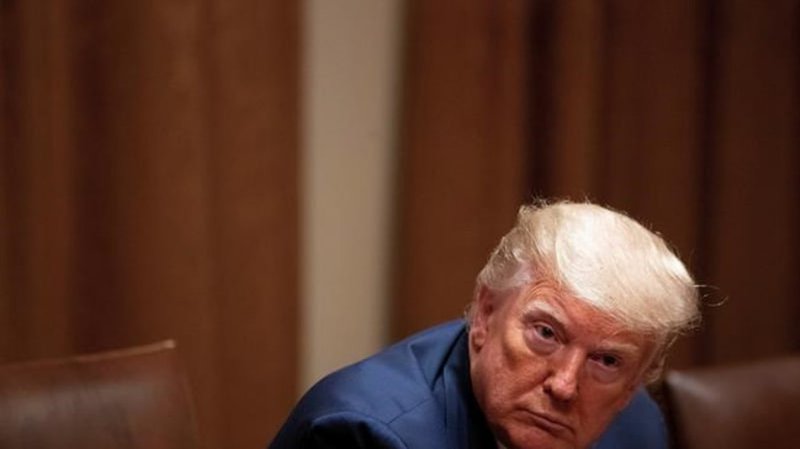
Trump OKs sanctions against international tribunal employees
WASHINGTON — President Donald Trump lobbed a broadside attack Thursday against the International Criminal Court by authorizing economic sanctions and travel restrictions against court workers directly involved in investigating American troops and intelligence officials for possible war crimes in Afghanistan without U.S. consent.
A senior administration official, who was not authorized to publicly discuss the order and spoke only on the condition of anonymity, said Thursday that the ICC investigation violates U.S. national sovereignty and alleged that Russia may be encouraging accusations against U.S. personnel. The official declined to provide details about alleged Russian influence of the court.
The executive order signed by the president marks his administration’s latest attack against international organizations, treaties and agreements that do not hew to its policies. Since taking office, Trump has withdrawn from the Paris climate accord, the Iran nuclear deal and two arms control treaties with Russia. He has pulled the U.S. out of the U.N. Human Rights Council and the U.N. Educational, Scientific and Cultural Organization, threatened to leave the International Postal Union and announced an end to co-operation with the World Health Organization.
The Hague-based court was created in 2002 to prosecute war crimes and crimes of humanity and genocide in areas where perpetrators might not otherwise face justice. It has 123 state parties that recognize its jurisdiction.
